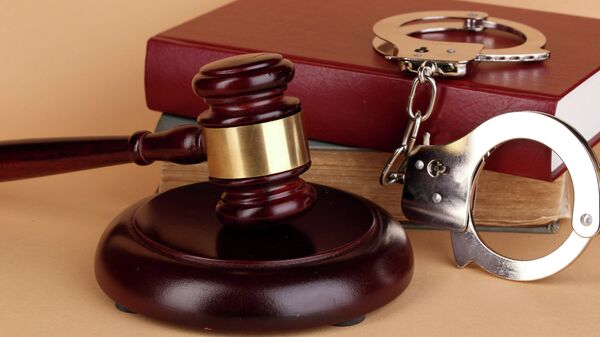The State Government in Indian's Gujarat was given a clean chit on Wednesday in connection with 2002 communal riots that, as per official statistics, left 1,044 people dead and 2,500 others injured when the country's current Prime Minister Narendra Modi was serving as the state's chief minister.
The report was prepared by a high-level judicial commission, headed by retired Supreme Court judge Justice (Retd.) G.T. Nanavati and former Gujarat High Court judge Justice Akshay Mehta. Tabled in the State Assembly in Gujarat's capital Gandhinagar on Wednesday, it declared that then State chief Modi was not guilty of instigating the riots in February-March 2002.
"In an overall consideration of the entire material, the Commission finds that the communal riots which followed the Godhra incident (of 27 February) were, in fact, the aftermath of that incident. It was because of the Godhra incident that large sections of the Hindu Community became very angry and ultimately indulged in violent attacks on Muslims and their properties," the Nanavati-Mehta Commission report says.
"It is alleged that the Chief Minister (Modi) deliberately did not take action against the police officer and allowed the incident to happen and did not take any steps to prevent it… There is no evidence to show that the police allowed the (violent) incidents to happen by deliberately not taking action…," the Commission's report further states.
According to official figures, about 223 people were declared missing. Of the dead, 790 were Muslim and 254 Hindu. Other sources estimated the death toll to be in excess of 2000.
Many brutal killings and rapes were reported as well as incidents of widespread looting and destruction of property.
As the then chief of Gujarat state, Modi was accused of initiating and condoning the violence. Police and government officials were also alleged to have given directions to the rioters about Muslim-owned properties.
The judicial commission's report was tabled in the Assembly on Wednesday by Gujarat's Deputy Minister for Home Pradeepsinh Jadeja, five years after it was submitted to the then state government.


